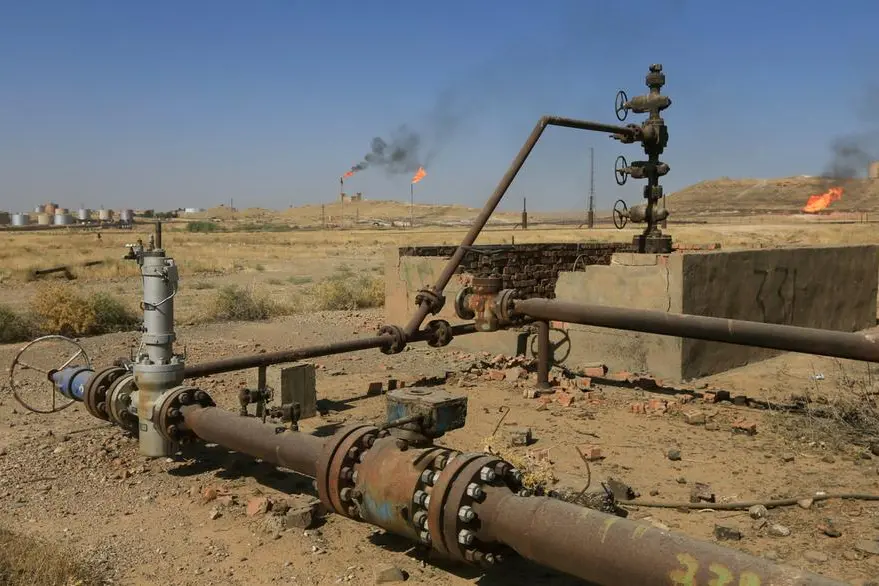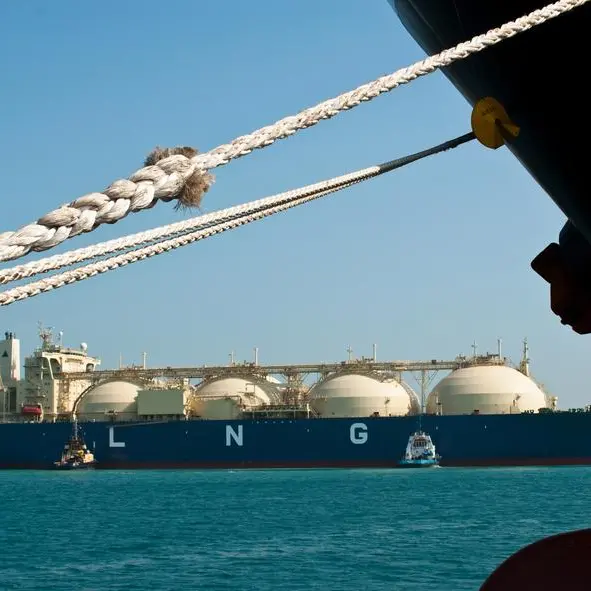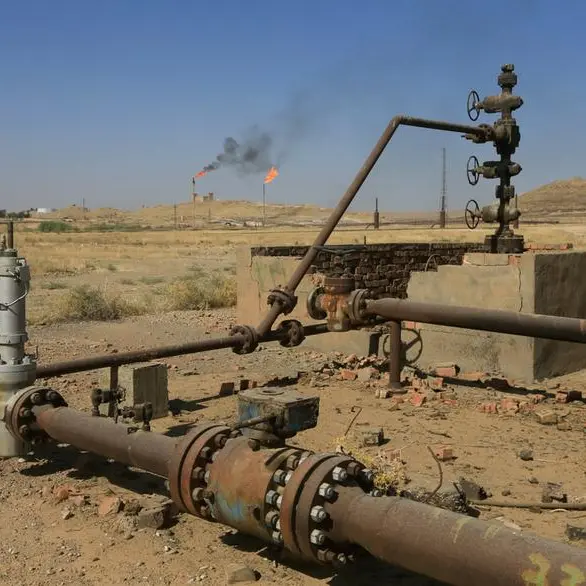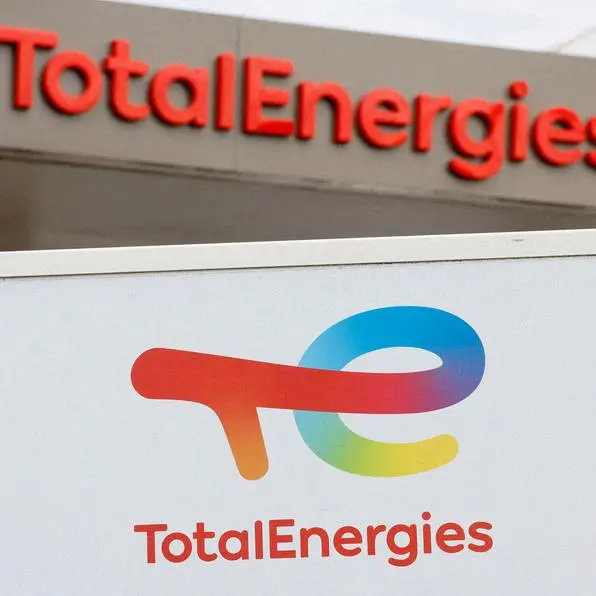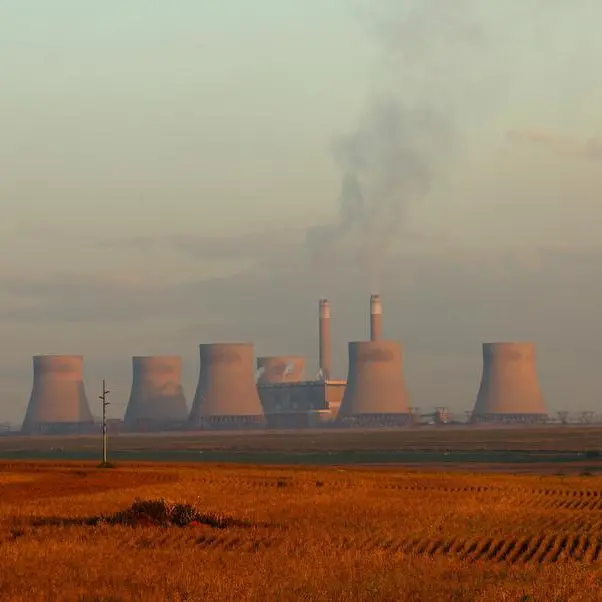PHOTO
Iraq is pondering exporting crude oil through Syria and Lebanon following a two-year halt of exports via Turkey due to a financial dispute.
Previous governments in Syria and nearby Lebanon have given their approval to the project after talks with Iraqi officials, according to the official Iraqi News Agency (INA).
The agency quoted an official from the National Investment Commission (NIC) as saying the new export route could be via a pipeline and that the project could yield nearly $25 billion to Iraq annually.
“Iraq wants to build a new oil export terminal system by opening a new outlet for the export of its crude through the Mediterranean Sea,” NIC spokesperson Hanan Jassim was quoted on Tuesday as saying.
“Iraq has managed to obtain the approval of the previous governments of Syria and Lebanon for this project, which is expected to yield about $25 billion annually.”
Jassim’s comments follow an announcement by Iraq’s Oil Ministry at the weekend about the resumption of oil exports from northern Iraq’s semi-autonomous Kurdish region.
The exports had been halted for nearly two years after the International Chamber of Commerce (ICC) sided with Iraq in an arbitration case as a long-standing dispute over the independent export of oil by the Kurdish regional government.
Jassim did not elaborate on the Mediterranean project but Iraqi analysts said she was apparently referring to the revival of a 70-year-old defunct pipeline that had carried Iraqi crude from the Northern Kirkuk province to the Western Syrian port of Banias on the Mediterranean Sea.
The pipeline, dating back to the early 1950s, was paralysed during the 1956 Suez crisis before it was rehabilitated in the following years.
The 850-km pipeline had a capacity of around 300,000 barrels per day.
Between 1982 and 2000 Iraq shut the pipeline due to political rifts with Syria and it was crippled again after it sustained heavy damage during the 2003 US invasion of Iraq.
Iraq’s Al-Jeebal news website quoted local energy analysts as saying the revival of the damaged Kirkuk-Banias pipeline could cost at least $8 billion.
(Writing by Nadim Kawach; Editing by Anoop Menon)
Subscribe to our Projects' PULSE newsletter that brings you trustworthy news, updates and insights on project activities, developments, and partnerships across sectors in the Middle East and Africa.
